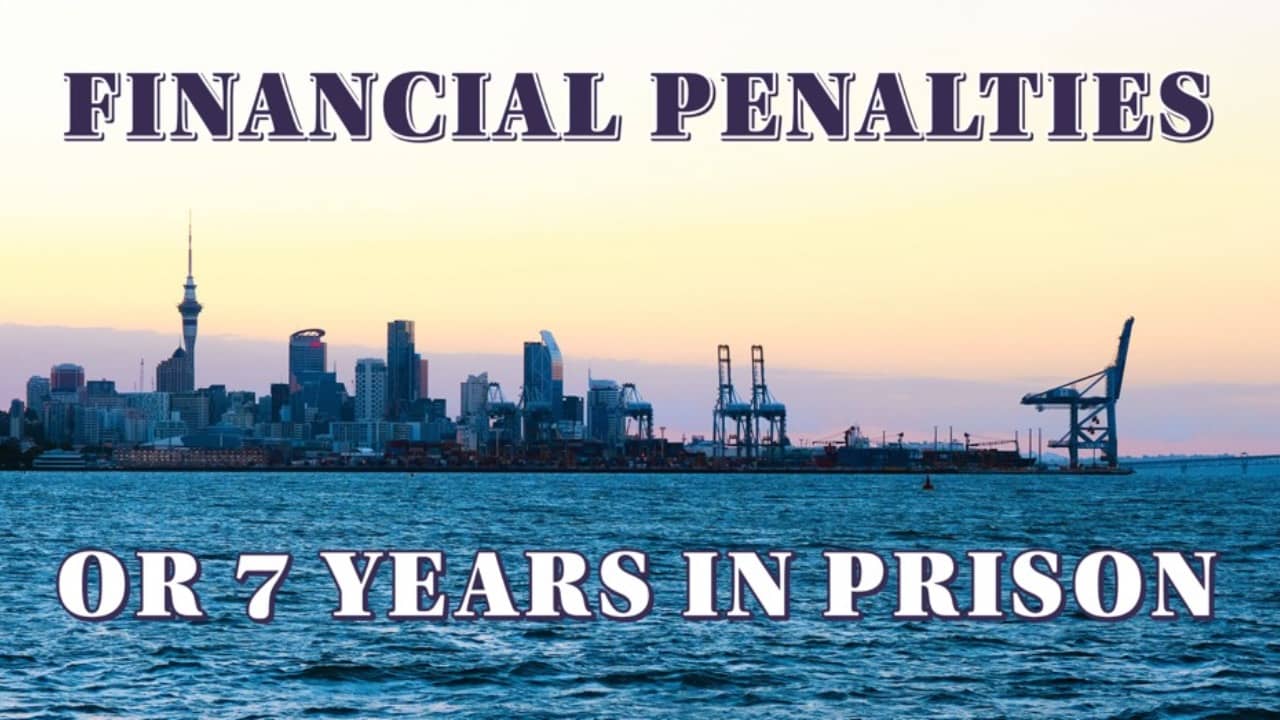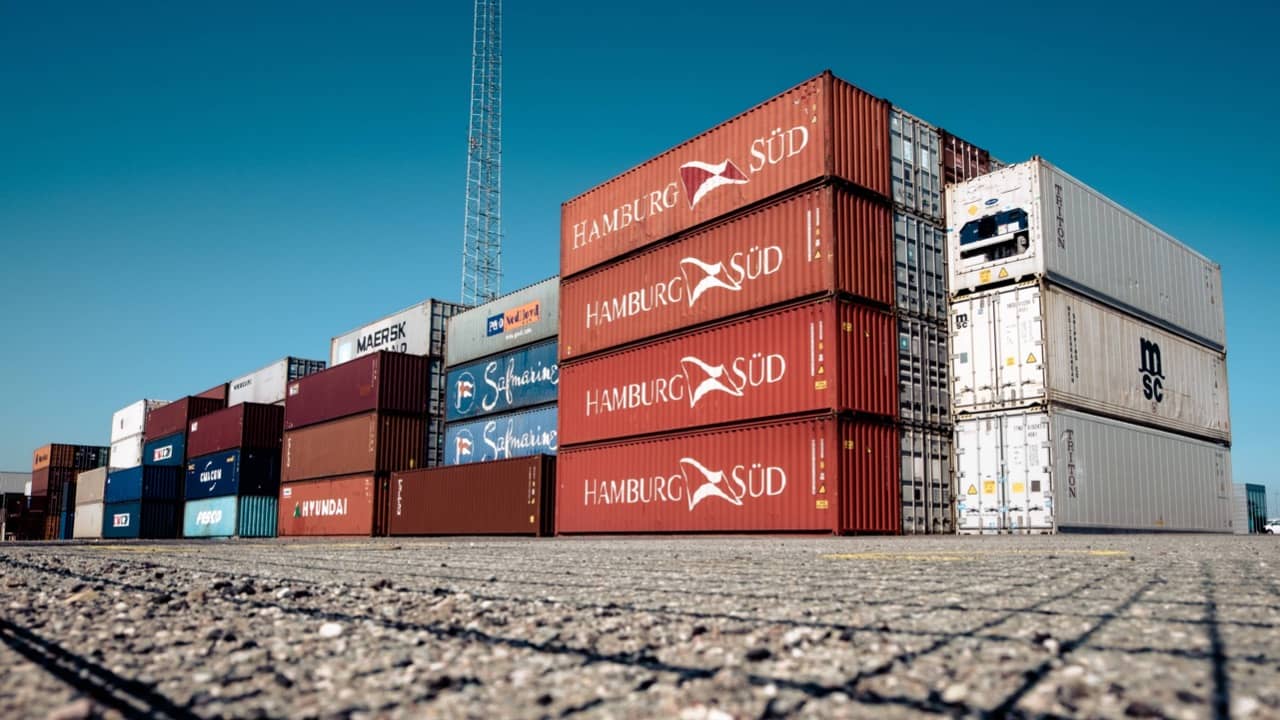
Global Efforts to Prevent Anti-Competitive Conduct in the Supply Chain
4-minute read
Competition authorities around the world – including our own here in New Zealand – are investigating the current state of container shipping markets and the rates being charged to exporters and importers.
Shippers and freight forwarders are irate about freight rates, restricted access to slots, and the expansion of shipping lines into other parts of the market. It has led to several calls for action.
In Europe, the freight forwarder association CLECAT (the European Association for Forwarding, Transport, Logistics and Customs Service) has asked the EC competition directorate to urgently investigate what it claims are “distortions” in the liner shipping market.
It is calling for the regulator to establish “the degree of concentration, consolidation, coordination, and cartelisation in the upstream container liner shipping services markets serving the EU, and the downstream markets for freight forwarding services”.
The Consortia Block Exemption Regulation (CBER) is at the centre of the argument, which allows significant collaboration between lines, leading to allegations that they can manage capacity in markets, thereby controlling costs.
The current CBER was approved in 2020, and a review is imminent. CLECAT believes the EC “must consider the impact vertical integration has had on the market” because there have been major market changes in the two years since, with carriers establishing record high rates and profits.
Major lines have “vertically integrated” – buying into other parts of the supply chain, such as air freight, trucking, and logistics operations, thereby controlling more of the chain.
The freight forwarders want shipping alliances to be restricted in scope and look into how the lines exchange information and manage capacity.
From a New Zealand perspective, at the time of the Maersk-Hamburg Süd merger, concerns were raised over the dominance of the merged entity in the New Zealand market.
And at the time, the Commerce Commission were satisfied that there was free entry to our market for others, as evidenced by Seatrade’s entry into container trades.
However, Seatrade was a niche reefer player, operating a few very small ships, and could not be compared in any way with a merged Maersk/Hamburg Süd. Seatrade, of course, is now gone.

Outside of Europe, a big move is underway via Five Eyes, better known to us here as an intelligence-sharing alliance of which we are part of.
The partners in the alliance – Canada, the US, Australia, the UK and New Zealand – have established the Five Eyes competition collaboration, which will add to “global efforts to prevent anti-competitive conduct in the supply and distribution of goods”.
From the New Zealand perspective, our competition regulator is the Commerce Commission, which has issued a statement saying it has “joined with international counterparts in a working group focussing on identifying potential cartel conduct in global supply chains”.
Anna Rawlings, the chair of the Commerce Commission, commented:
“We still have zero-tolerance for unscrupulous businesses using COVID as an opportunity for cartel conduct, such as non-essential collusion between competitors or anti-competitive behaviour. The international working group will strengthen continued efforts to deter and penalise cartel conduct.”
“Cartel conduct harms consumers by preventing businesses from competing to provide better quality services at better prices, and it harms businesses trying to compete fairly. It can include competitors agreeing on pricing and pricing intentions, allocating markets or customers, or restricting the output of goods or services where it is not necessary in the current situation.”
She added: “In addition to financial penalties, since April 2021, individuals involved in cartel conduct can be liable for a term of imprisonment of up to seven years. Hence, it is more important than ever that businesses, their directors and employees make sure they understand how to stay on the right side of the law.”
Under New Zealand law, it is actually possible. Cartel conduct is prohibited under section 30 of the Commerce Act, and as of April last year (as noted above), its penalties can be severe.
It is fair to say that the European freight forwarders are championing the Five Eyes initiative as containing the most active enforcement authorities in the world.
The FBI and the US Justice Department’s antitrust division announced an initiative to detect and prosecute companies that take advantage of supply chain disruptions to collude with rivals in order to raise prices.
However, how much power will Five Eyes have? Would it seriously show zero tolerance and impose penalties?
There are no European or Asian competition authorities in the Five Eyes. All the top ten container lines are headquartered in either Asia or Europe.
Also, the top few container lines command the majority of the market share. The top six – MSC, Maersk/Hamburg Süd, CMA CGM, Cosco, Hapag-Lloyd and ONE – account for over 70% of the world liner fleet, so there isn’t much in the way of potential new competitors who could influence market change anyway.
It will be interesting to see what actions if any, ensue.
Source: The New Zealand Shipping Gazette
P.S. Easy Freight Ltd helps New Zealand importers & exporters to save money on international freight and reduce mistakes by guiding how to comply with Customs and biosecurity rules.
➔ Contact us now to learn how we can assist you.
